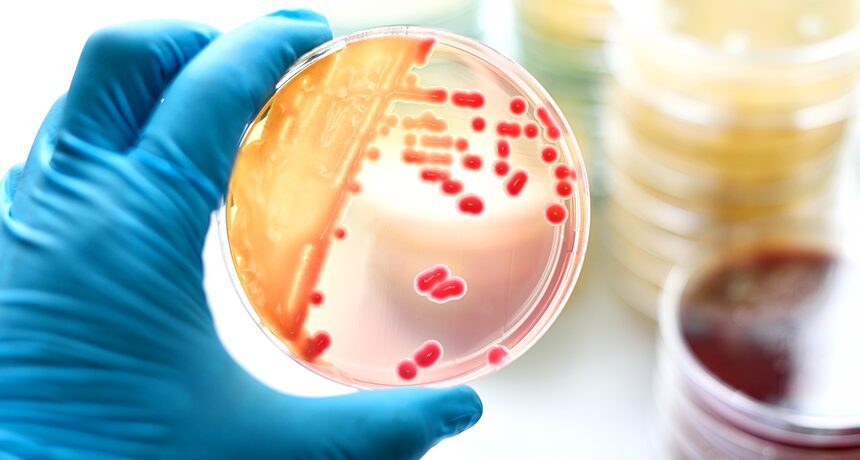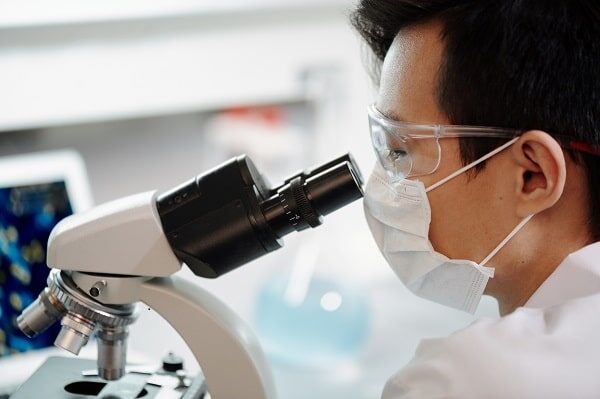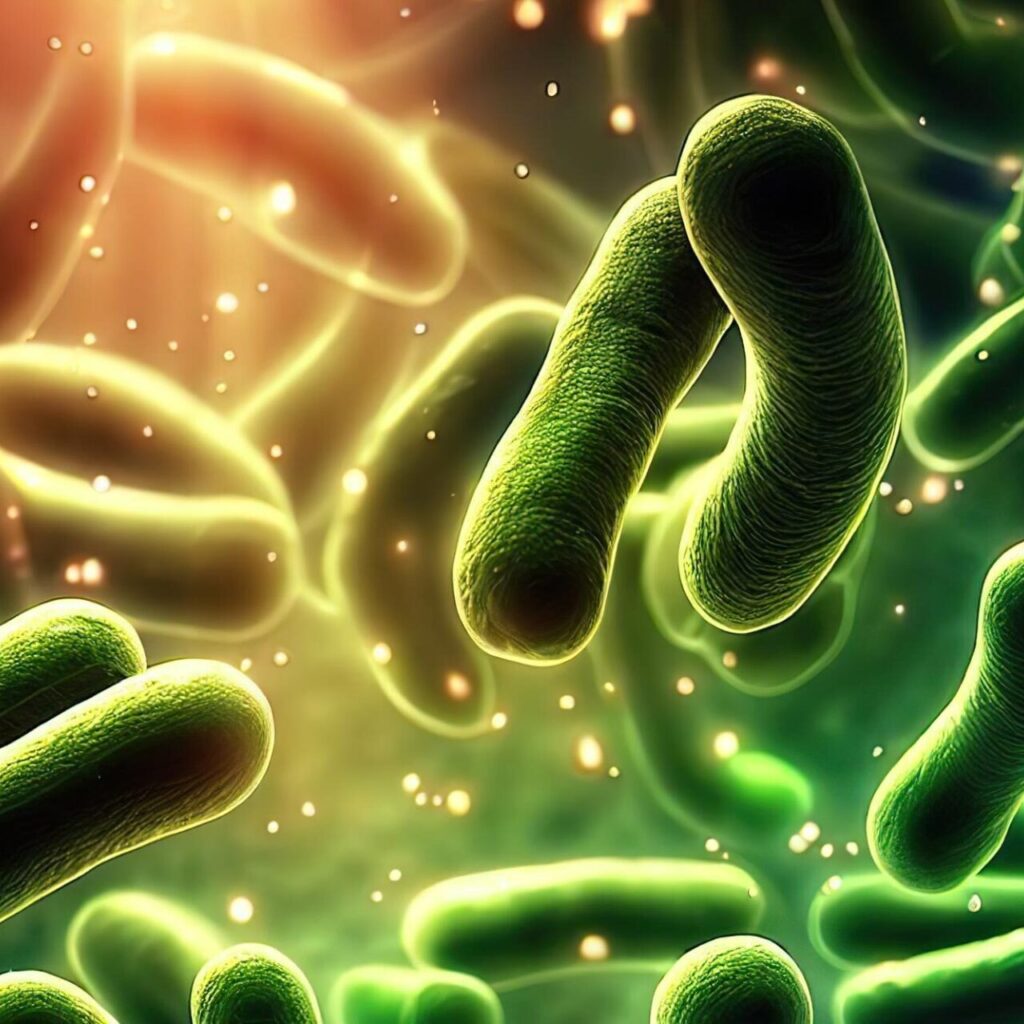
A Universe Within Us: The Immeasurable Impact of Microbes
Imagine a world teeming with life, a hidden universe existing all around us, yet invisible to the naked eye. This isn’t science fiction; it’s the reality of microbes – the microscopic organisms that form the foundation of life on Earth. These tiny titans, encompassing bacteria, archaea, viruses, fungi, and protists, play a far bigger role than their size might suggest.
Microbes are the most abundant life form on the planet. They outnumber human cells in our bodies by a staggering ten to one! They’re everywhere – in the air we breathe, the soil beneath our feet, the oceans’ depths, and even inside us. Understanding the fascinating world of microbes is crucial for appreciating their immense impact on our ecosystem, our health, and even the future of scientific discovery.
The Ecological Architects: How Microbes Shape Our Environment
Microbes are the unsung heroes of our planet’s ecosystem. Here’s how they contribute:
- Decomposition and Nutrient Cycling: Microbes act as nature’s recyclers, breaking down dead organic matter and releasing essential nutrients back into the environment. This process sustains plant growth and keeps the ecosystem functioning smoothly.
- Nitrogen Fixation: Certain bacteria have the incredible ability to convert atmospheric nitrogen into a usable form for plants. This process is vital for plant growth and food production.
- Climate Regulation: Microbes play a crucial role in the carbon cycle, influencing the amount of greenhouse gases in the atmosphere. Understanding their role is essential for combating climate change.
From the towering redwoods to the vibrant coral reefs, a healthy microbial population underpins the very fabric of our planet’s life support systems.
The Guardians Within: Microbes and Human Health
Microbes aren’t just environmental powerhouses; they also play a vital role in our health. Our bodies are home to trillions of microbes, forming a complex ecosystem known as the microbiome. These microbial residents:
- Aid Digestion: Gut microbes help us break down food, absorb nutrients, and produce essential vitamins.
- Boost Immunity: A healthy gut microbiome helps train our immune system to differentiate between harmful invaders and harmless residents.
- Protect Against Disease: Certain microbes can actually crowd out harmful bacteria, preventing them from colonizing and causing illness.
The delicate balance of our gut microbiome can impact various aspects of our health, from digestion and immunity to mental well-being.
Pushing Boundaries: Recent Discoveries in Microbiology
The field of microbiology is constantly evolving, with exciting discoveries pushing the boundaries of our understanding. Here are a few recent breakthroughs:
- Microbial Communities on Mars: Recent missions to Mars have identified potential microbial life forms on the Red Planet. This discovery reignites the question of life beyond Earth.
- Antibiotic-Resistant Superbugs: The emergence of antibiotic-resistant bacteria poses a significant threat to global health. Microbiologists are actively researching new strategies to combat this growing challenge.
- The Microbiome and Mental Health: Research suggests a potential link between the gut microbiome and mental health conditions like anxiety and depression. Understanding this connection could lead to novel treatment approaches.
These are just a few examples of the exciting frontiers being explored in microbiology, with the potential to revolutionize our understanding of life on Earth and beyond.

A Microscopic World, a Macrocosmic Impact: The Future of Microbes
Microbes are much more than just tiny organisms; they are the invisible architects shaping our environment, the guardians of our health, and the subject of groundbreaking scientific discoveries. As we continue to explore the fascinating world of microbes, we unlock new possibilities for environmental sustainability, improved healthcare, and even space exploration.
The next time you take a walk in nature, take a moment to appreciate the unseen world teeming beneath your feet. Those tiny microbes are silently contributing to the symphony of life, a testament to the interconnectedness of all living things.
Read Similar Posts
- Climate Change: Busting Myths and Highlighting Actionable Solutions
- Savor Every Bite: The Transformative Power of Mindful Eating
- The Science Behind Everyday Things: Demystifying Common Phenomena Like Color or Gravity
- Power Up Your Play: Best Gaming Laptops in 2024
Conclusion: The Invisible Majority: A World of Potential
The microscopic world of microbes holds immense potential for shaping our future. By understanding their complex roles in our environment and our health, we can unlock new possibilities for a more sustainable and healthy world. So, let’s celebrate the invisible majority, the microbes that silently rule our world, and embrace the exciting discoveries that await us as we delve deeper into their fascinating universe.

FAQs: Microbes: Demystifying the Microscopic
FAQ 1: Are all microbes bad for us?
Absolutely not! The vast majority of microbes are beneficial or even essential for our health and the environment. It’s the imbalance in the microbiome or the presence of specific pathogenic microbes that can cause problems.
FAQ 2: How can I take care of my gut microbiome?
There are several ways to support a healthy gut microbiome:
- Eat a balanced diet: Focus on whole, unprocessed foods rich in fiber, which act as prebiotics, food for your gut bacteria.
- Incorporate probiotics: Consider fermented foods like yogurt, kimchi, or kombucha, or probiotic supplements, to introduce beneficial bacteria.
- Manage stress: Chronic stress can disrupt the gut microbiome. Practice relaxation techniques like meditation or yoga to promote gut health.
FAQ 3: Are there any risks associated with manipulating the microbiome?
The field of microbiome manipulation is still relatively new. While there’s immense potential, it’s important to consult with a healthcare professional before taking any drastic measures to alter your gut bacteria.
FAQ 4: Can microbes be used to clean up pollution?
Yes! Certain microbes have the remarkable ability to break down pollutants like oil spills or heavy metals. This field of bioremediation holds promise for cleaning up contaminated environments.
FAQ 5: Will we ever be able to create synthetic microbes?
Synthetic biology is a rapidly evolving field exploring the possibility of engineering microbes with specific functions. This could have applications in medicine, biofuel production, or even environmental remediation.
The world of microbes is a fascinating frontier, brimming with potential for groundbreaking discoveries. By fostering a deeper understanding and appreciation for these tiny titans, we can unlock a future filled with possibilities for a healthier planet and a healthier us.

